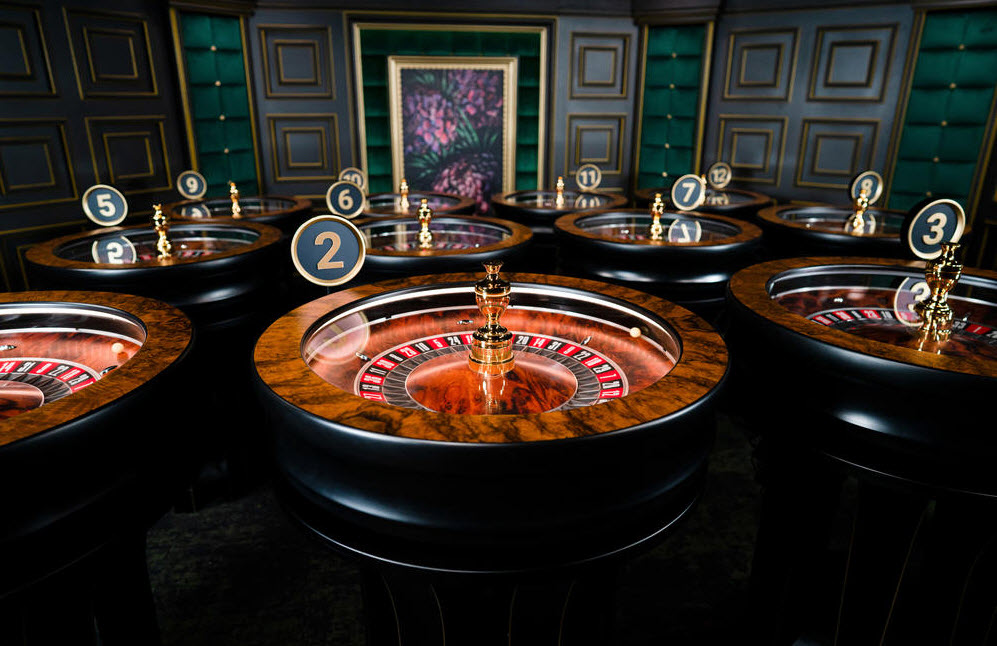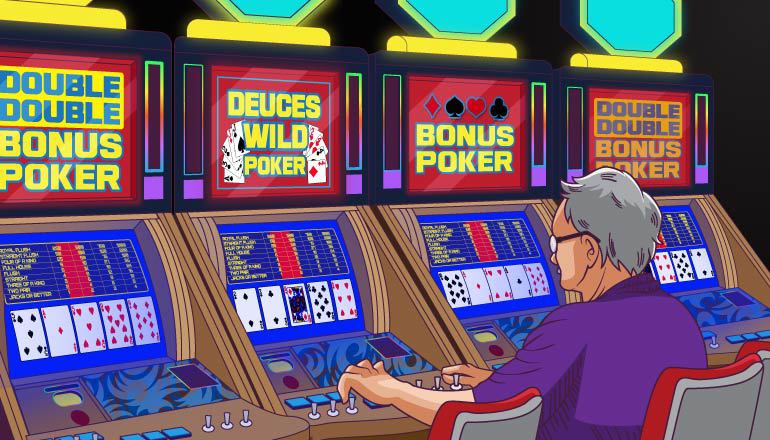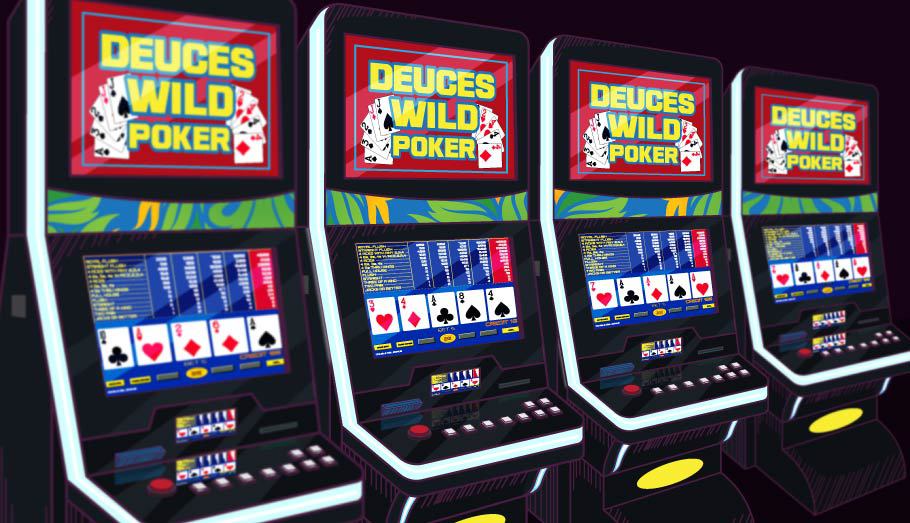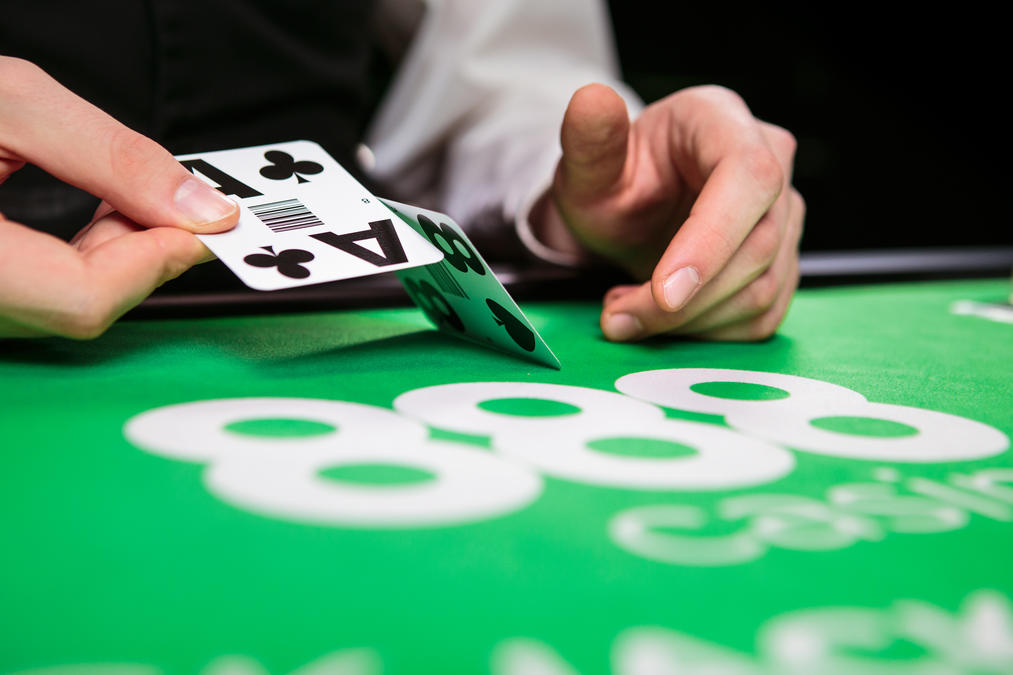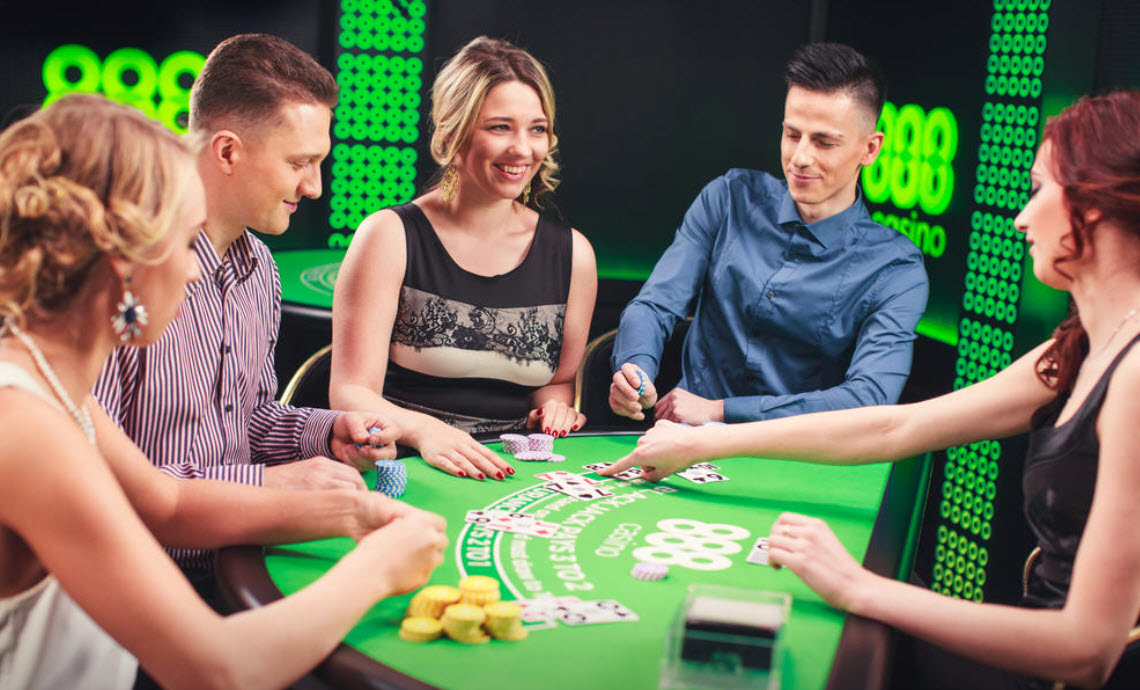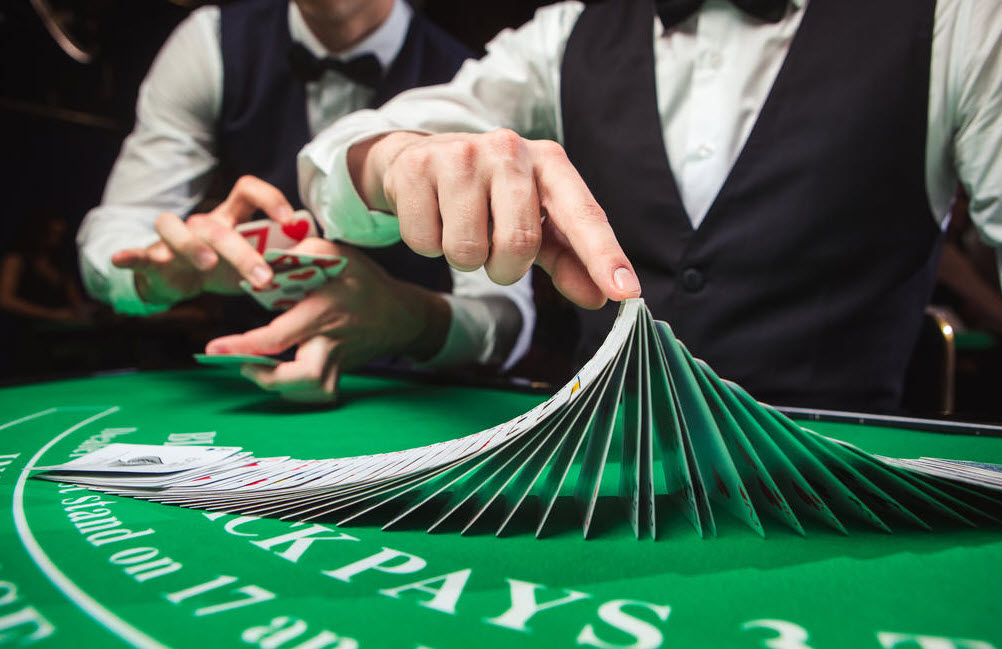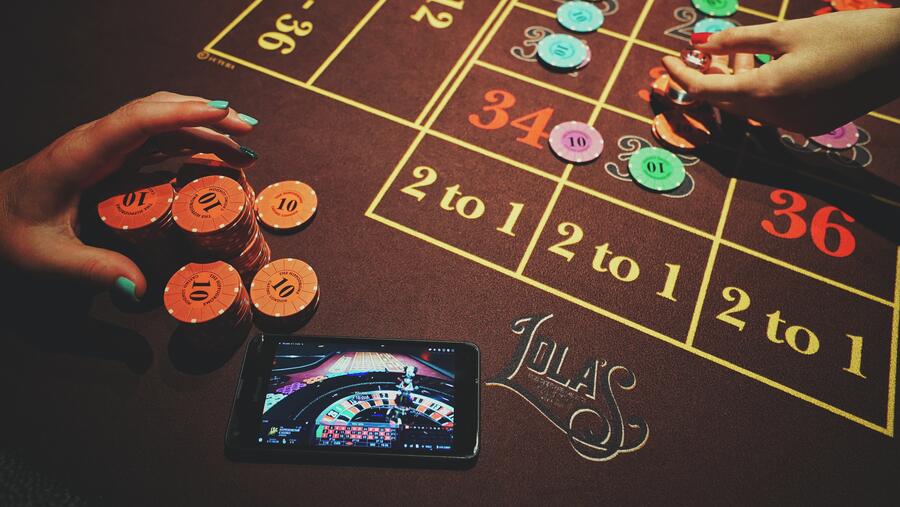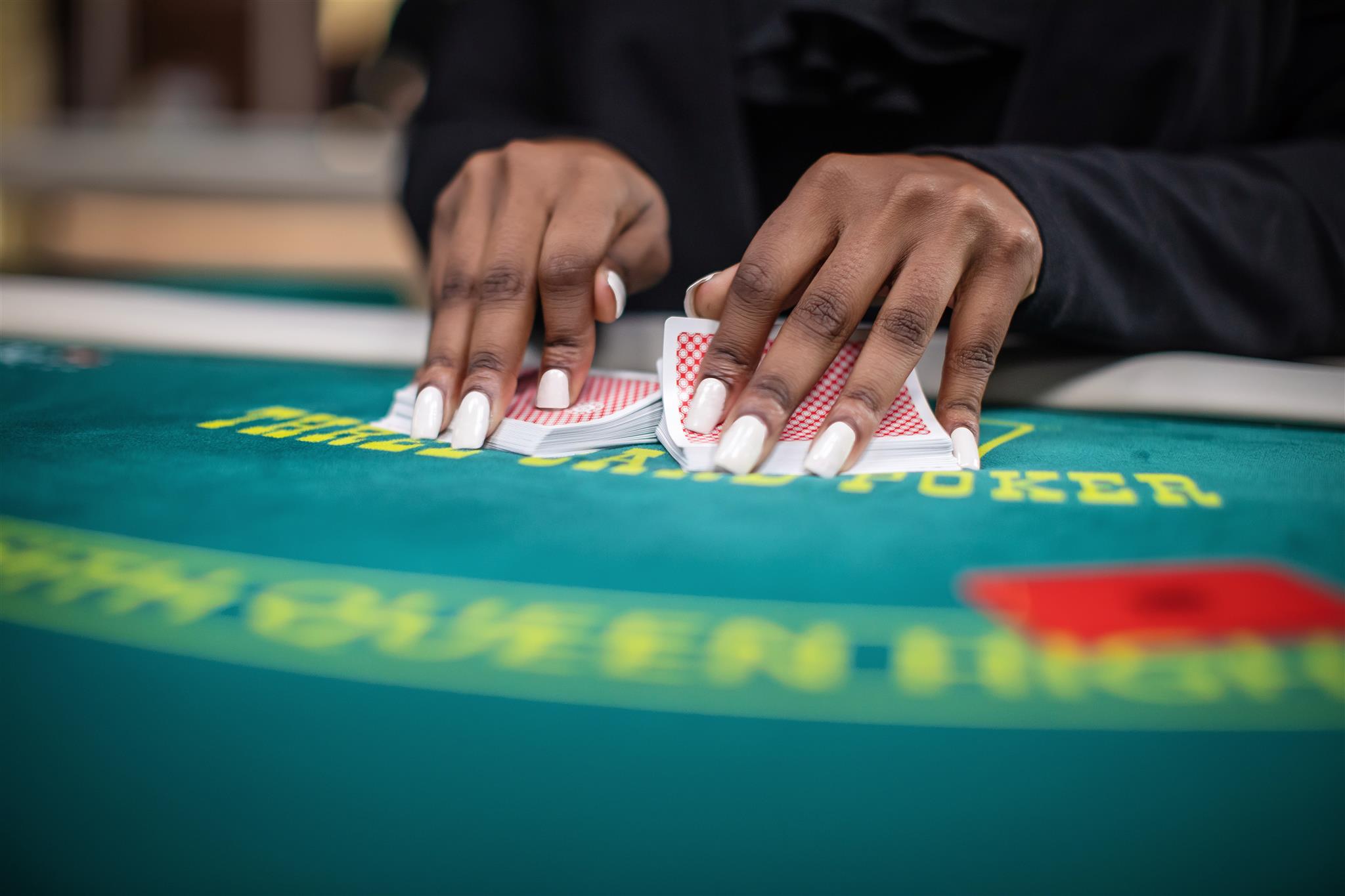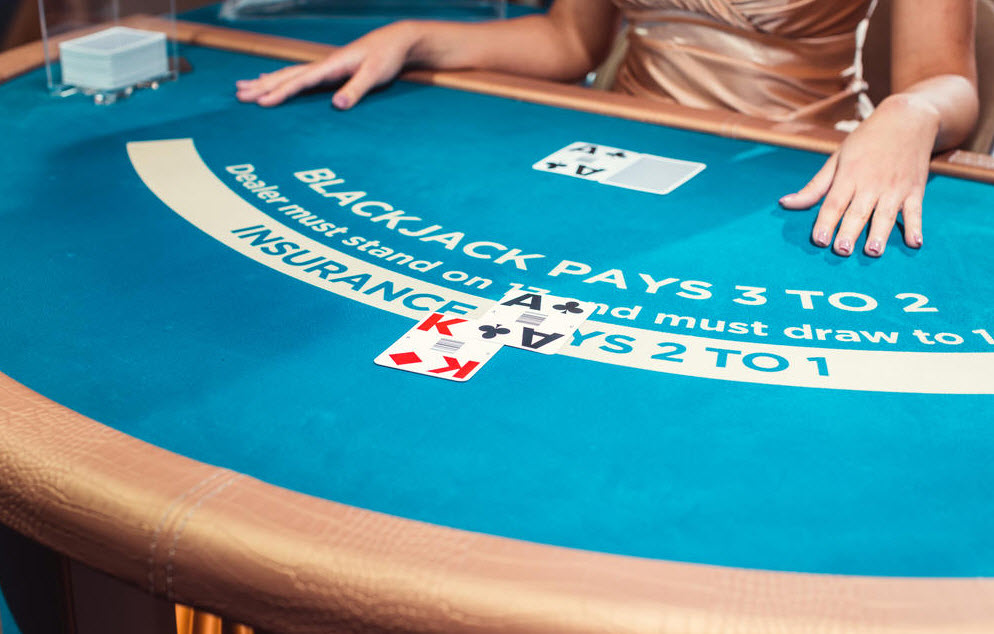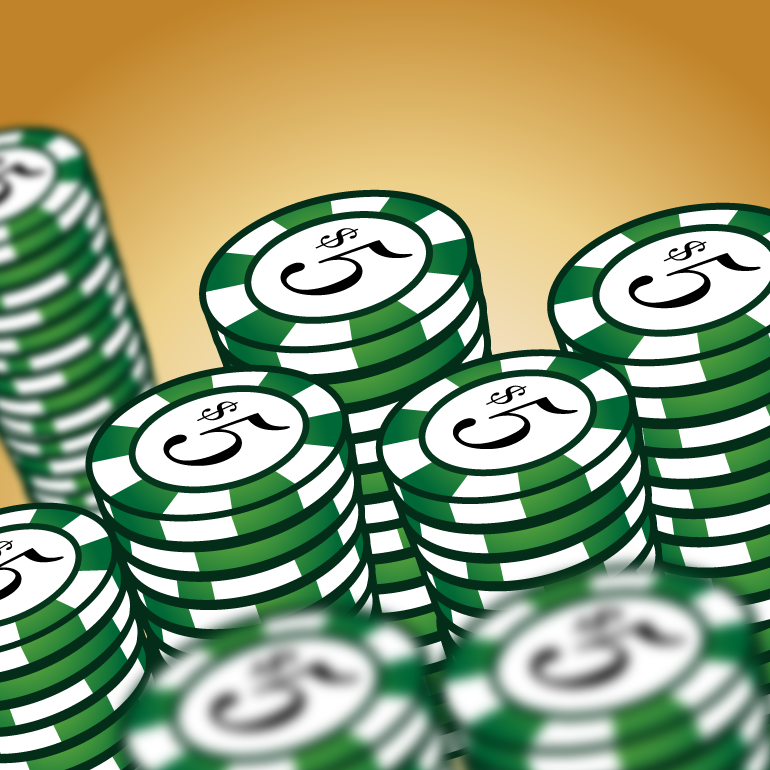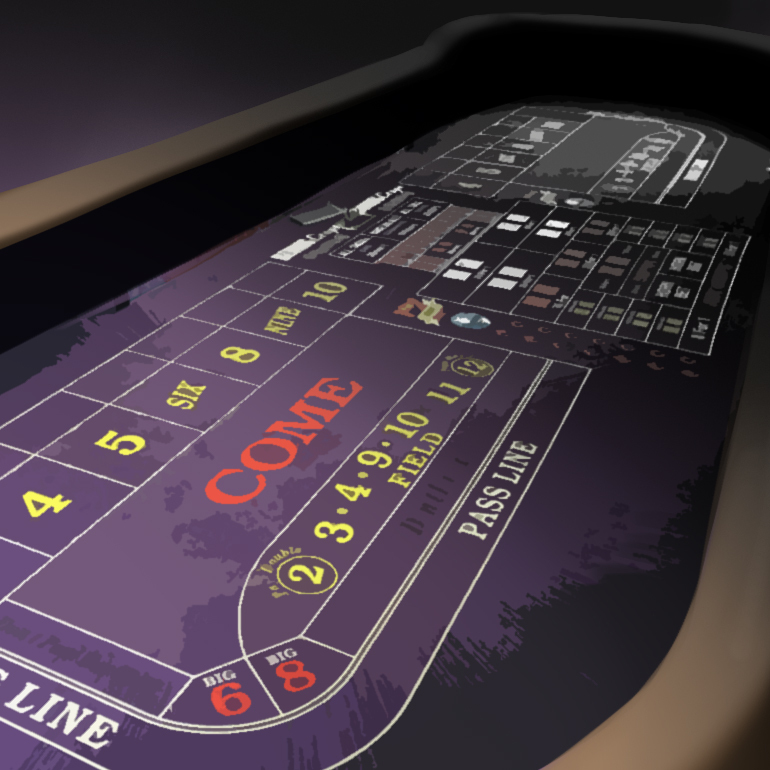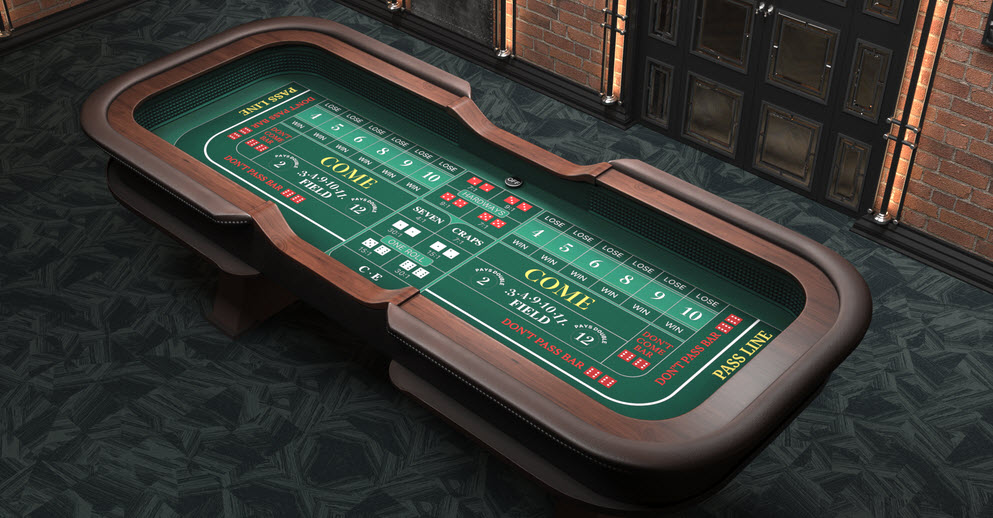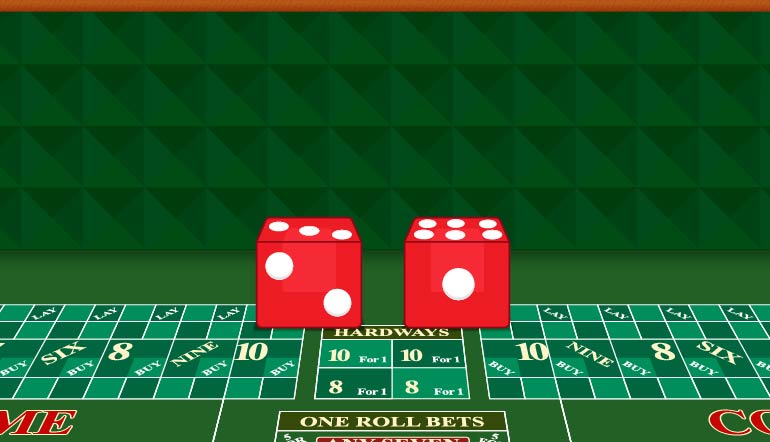LUCAS: I am brand new to casino games – at the tables that is. But I have been playing slots for years but the time has come for me to learn roulette and I mean I really want to learn it. I’ve seen the game played in movies and on television and it seems as if it is a fun game.
I want to learn not just how it is played but the types of bets I can make, how the casino gets its edge, and what my comp prospects are. I got good comps as a slot player but the playing got boring after a while.
FRANK: Okay, Lucas, I’ll do my best. I do not think you need a mechanical lesson in how the wheel is built but I think you should know that the wheels in today’s casinos are basically “perfect” and you will not find any wheels where the numbers are biased. That type of number would make the wheel vulnerable to someone who could get an edge over the house. That did happen in the past. Now? Not.
LUCAS: Got it. The house edge is the house edge and you really can’t beat the game. So, what is the house edge?
FRANK: There are two types of roulette wheels and the house edges on each are different. The most popular game is the American roulette game that has 38 pockets for the ball to land in. This game has the numbers 1-36 with a green 0 and a green 00. It is called the double-zero wheel (of course!). The house edge on this game is 5.26 percent which means an expected loss of $5.26 per $100 wagered.
The second game, known as the European/French game, has the same numbers 1-36 but only has one green number of 0. That means there are 37 possible pockets for the ball to land in. The house edge on this game is 2.7 percent, an expected loss of $2.70 per $100 wagered.
Both games pay off at 35-to-1 on a winning hit on a single number. Note that a fair payout, one where the casino does not have an edge, would be 37-to-1 on the America game and 36-to-one on the European/French game.
LUCAS: Are these games found in all casinos?
FRANK: No, the American wheel is the dominant one. On the Internet you might find both games. In American casinos, the European/French game has higher minimums to make up for the lower house edge. Casinos do not want to lose money.
LUCAS: Explain some of the bets at roulette.
FRANK: The inside bets are often called straight-up bets. A single straight-up bet, on one number, will pay 35-to-1 on all roulette wheels. A player has a 1 in 38 chance to hit a straight-up bet at the American game and a 1 in 37 chance to hit it in a European/French game. The upside to straight-up bets is a relatively big payout. The downside is the possibility of long losing streaks.
LUCAS: Much like slots.
FRANK: Yes. There are also proposition bets at the game. The dozens bets are wagers where you only need to make one bet to cover a number of numbers.
There are three dozens bets:
- The First Dozen are the numbers 1-12
- The Second Dozen are the numbers 13-24
- The Third Dozen are the numbers 25-36
Your bet is placed on the square of the selected dozen wager. The payout on a winning dozen bet is 2-to-1. You can bet two of the dozens at once. Not the best idea but some roulette players enjoy this style of betting. The 0 or 00 are not a part of the dozens. They land and the dozen bet loses.
There are also three column bets, each with a dozen numbers in those columns:
- The First Column has these numbers: 1, 4, 7, 10, 13, 16, 19, 22, 25, 28, 31, 34
- The Second Column has these numbers: 2, 5, 8, 11, 14, 17, 20, 23, 26, 29, 32, 35
- The Third Column has these numbers: 3, 6, 9, 12, 15, 18, 21, 24, 27, 30, 33, 36
You place your bet at the bottom of the column you want to wager. A winning bet pays two-to-one, just as it does for a winning dozen bet.
Again, let me repeat, should the 0 or 00 appear the bets on the dozens and columns lose. The house edge on the American double-zero wheel is 5.26 percent and the house edge on the European/French single-zero wheel is 2.70 percent.
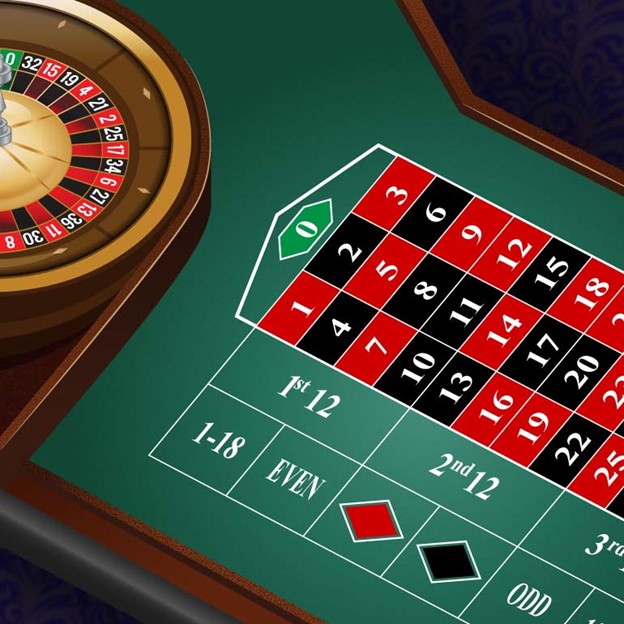
Groups of Numbers Straight-up
Roulette players have other ways that they can bet multiple numbers. They can go straight up on more than one number.
You are betting, let us say, $10 on a number and you decide to go to three or four numbers. You just put $10 on each number. Costly? Of course, but you will see many inside bettors making more than one straight-up bet. Players love the action.
LUCAS: I know slot players who bet on more than one machine usually right next to each other.
FRANK: That’s action to the players and to the casino. The more money players wager, the more money the casino wins. It’s a simple formula.
LUCAS: Very simple.
FRANK: A roulette player can also bet one wager on several inside numbers by using the lines at the end of numbers or by splitting the numbers by betting on the lines between numbers. For example, if you wish to bet the numbers one and two, you just put a bet on the line between one and two. That means if either one hits, you win.
Say, you want to bet three numbers? You can put one wager on the outside line that encloses the one, two and three. That means the three numbers, one, two, and three are being bet with that one bet.
Four numbers? Just put the bet on the intersecting spot that covers all four numbers.
Some roulette players use this technique but at full or crowded tables, aggressive bettors often knock such bets into the straight-up boxes. If you make those bets, you have to watch them closely so they are not knocked about.
LUCAS: Do you have a favorite bet or series of bets at roulette? It seems to me that the game is pretty easy to learn.
FRANK: Very easy.
LUCAS: Favorite way or ways to play?
FRANK: I certainly do. There are three bets called the even-money bets that are along the side of the layout. These bets are high/low, red/black and odd/even. They each have their own boxes.
They are called even-money bets because they pay even money ($1 for $1) but they are not 50/50 propositions between the casino and the player. The casino will win 20 times and the player will win 18 times in the American game. The house edge is still 5.26 percent. On the European/French game the casino wins 19 times and the player wins 18 times. The house edge remains 2.7 percent.
LUCAS: Can’t you bet the zeroes to hedge the even-money bets? That might be a good thing to do.
FRANK: Smart thought. But no, you can’t hedge in roulette. The zeroes are losers for the player betting the even-money bets. And listen carefully, you can’t get an edge if you bet the zeroes because every even-money win loses the zeroes for you. Betting zeroes just means you will lose more money.
A true rule of casino play is that the more money you wager, the more money you will lose in the end.
LUCAS: So much for my smart idea.
FRANK: It was a smart idea but the negative edge is the way it is.
LUCAS: Why are these even-money bets your favorite bets?
FRANK: I do not like long losing streaks.
LUCAS: No one does. That’s part of the downer of slots.
FRANK: True. The straight-up bets, one or a couple or a few even, have big possible losing streaks. I mean you only win once on a single straight-up bet in 38 or 37 spins. That opens you up to a bad streak. You do get a big win when your number hits, 35 units to one unit, but semi- and long losing streaks are inevitable. I’d rather go back-and-forth on the even-money bets.
You can have losing streaks on even-money bets but these are usually a few losses in a row. The house edge is the same but the pattern of the game is different. You feel you are in the game longer.
Now, you could think of betting two different even-money wagers. Maybe you bet the red or black bet and the high or low bet. Again, you would be giving the casino a shot at more of your money. If you are a $10 player now you are betting $20. The edge works against all your money.
LUCAS: Casino gambling is negative yet we love to do it.
FRANK: The casino wants to make money – it needs to make money – so players have to accept that truth. The casino will try to build an edge at every game.
LUCAS: Anything else I should be aware of?
FRANK: There is partial good news with the even-money bets.
LUCAS: Now we’re talking!
FRANK: It’s good news but only partial good news. Don’t get too excited. The casino will still have the edge on you.
LUCAS: Nuts.
FRANK: In some casinos and in some venues, the casino offers these even-money bets with a rule, titled surrender, that will give the player back half the bet when a zero or zero-zero hits. If you are betting, say, red and the green zero hits you get back half your bet at the American game. This reduces the house edge in half, down to 2.63 percent; an expected loss of $2.63 per $100 wagered. Not bad.
On the European/French game, they have en prison, where a green zero will have the casino hold the entire bet for the next round. Doing this also reduces the house edge in half to 1.35 percent; an expected loss of $1.35 per $100 wagered. That is one of the best bets in all of the casino games.
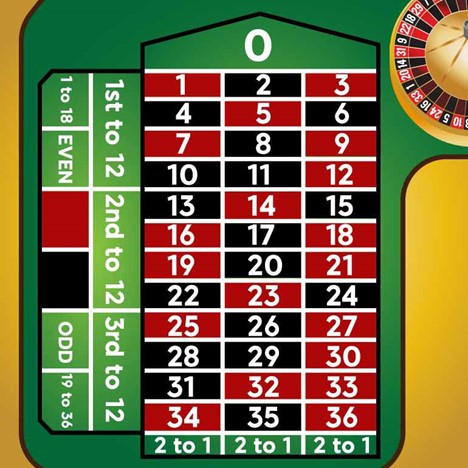
Sometimes these rules are for every even-money player. Sometimes they are only for medium and/or high rollers. Sadly, most casinos do not have these rules.
There are usually no signs on the roulette tables in the casinos that offer surrender or en prison. You have to ask if they offer this. Not a big deal.
Now, if you are a relatively high roller, you might get the casino to offer this option to you. Ask your host or the casino manager if they’ll do this for you. You’ve got nothing to lose by doing this.
LUCAS: Interesting.
FRANK: Indeed.
LUCAS: Anything else?
FRANK: Yes. Do not waste your time thinking that some system sellers have found a way to beat the game. Unless you find a wheel that is biased, and I am betting against that, there is no way to beat today’s wheels. Anyone who tells you that they can give you a way to beat the game is probably just selling baloney.
Over the years, decades, centuries and multiple centuries there have been many systems that have been used to attempt to beat the game. Some, such as wheel clocking, did work at times in the past. Today? No. (Okay, maybe in the sticks with an old wheel you might find a biased number or numbers. Just stand at the tables and record the numbers. You might get something. You’d at least get to pray a lot.)
Finally, give yourself a betting scheme that fits your pocketbook or wallet. Roulette is a game that can catch your fancy and some players wind up over betting, often without realizing it. You must control your money and how often and how long you play.
Ultimately, you are responsible for every bet you make and every loss you experience.
All the best in and out of the casinos!


